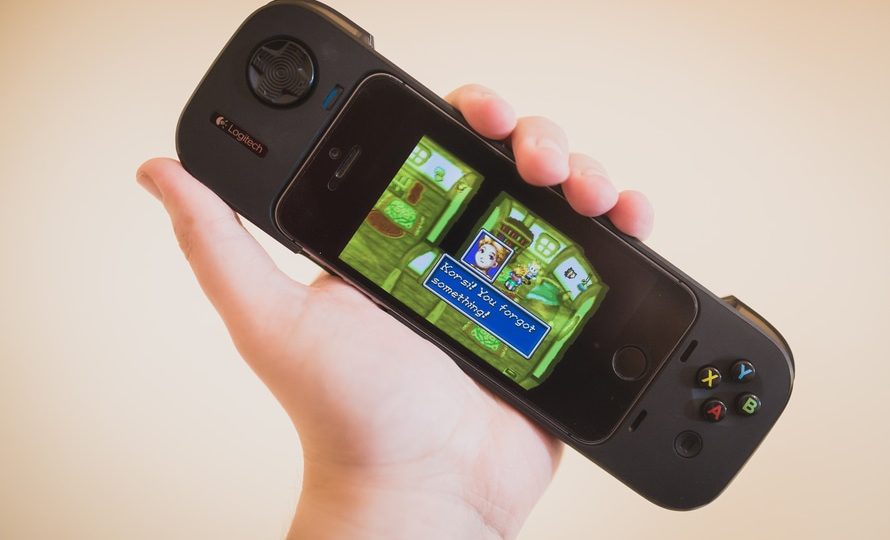Edtech watch: If you have been reading us, you already know I love questions. And being a teacher, a self-taught eLearning instructor, and an honorary millennial, this is a question I couldn’t help but ask.
Are we using technology (EdTech)? Teaching technology? or eTeaching?
I don’t really like labels, but I recognize that using them can help us understand each other better. As teachers, we should be giving what we offer. And our students should know where we want them to go. Therefore, I’m taking some time to discuss this matter.
First of all, let’s try to define:
EdTech also called using technology:
 The title clarifies the doubt by itself. EdTech is simply using technological resources, processes, and systems to improve or manage the learning process.
The title clarifies the doubt by itself. EdTech is simply using technological resources, processes, and systems to improve or manage the learning process.
The reason the words processes and systems are bolded is because sometimes, we don’t have access to the latest digital resources. Consider that even a best bitcoin casino operates not on flashy interfaces alone, but on the underlying logic of provably fair algorithms and auditable payout systems — processes anyone can study and apply. But if we can learn how to apply any method, system, or process to enhance learning, we can say we are using technology.
There’s where I like to emphasize, that is the only long lasting technology, the one we can create and improve by ourselves and at our own pace. The digital word is full of tools but those are worthless unless we apply them correctly. That is EdTech.
Teaching technology:
It might sound easy to define. Of course, is to teach technology. But then we come back to the previous lines. Teaching technology is not only to help others learn about cell phones, computers, programming, the internet, energy, etc.
If we believe technology is more than the digital gadgets. Then, we should be teaching about methods, systems, processes. Even more, we should be using the ways of technology with the available resources in order to help students solve real problems.
eTeaching and eLearning:
This one, obviously, is our favorite ![]() in Teachlr
in Teachlr
eLearning or eTeaching is learning via the internet or any electronic means. We can eLearn from reading in a website. Watch a tutorial. Play an electronic or digital game. Or through online courses, programs, and even degrees.
That means neither that we can’t teach technology via eLearning nor that we can’t use technology (EdTech). Sometimes, that is why we get confused.
What about eLearning in the traditional classroom?
I’m glad you asked. This is where I like to be the most flexible.
First, we should consider that in Teachlr we provide complete courses that don’t need to be reinforced with traditional teaching. We believe that eLearning is not exclusive for long distance or individual learning.
Therefore, if you have a traditional classroom, fear not the electronic and digital tools. When talking about learning it is very important to think about all learning styles. Offering different strategies is going to enhance pedagogy.
Just a bonus:
More than once I’ve found myself not knowing everything I would like to know about a subject I consider important for my students to learn. Some other times, I’ve found eTeachers such as Daniel Chizer that can explain better than me and are, by far, more gracious.
In this cases, and I’m not ashamed to admit it, I’ve recurred to this great and very neat contents online to bring the best to my students. And of course, to learn a lot myself.
So, are EdTech, eLearning and teaching technology so different?
They are different things. If we use them together or not is a different matter. My advice is to have fun, fear not, mix and match. It’ll make your life and your students’ so much better. Remember to think from their perspective, revise yourself and always keep learning.
And welcome anytime to become an eTeacher at Teachlr.com.
Where have I learned this?
First, I don’t let myself forget what I felt, what I liked and what I wanted when in school.
Second, I’ve taught in regular, blended and fully online classrooms. Using technology (History classes, English EFL, Entrepreneurship), teaching technology (Computer sciences, Technology applied in learning). From middle school to college.
Third, I’m still a learner. The most important thing when teaching is to learn forever and improve your manners every day.
Four, I don’t believe in finalized work or rigid plans. Sometimes what works for one student doesn’t work for others. Sometimes, ages, subjects or periods, need different strategies.




